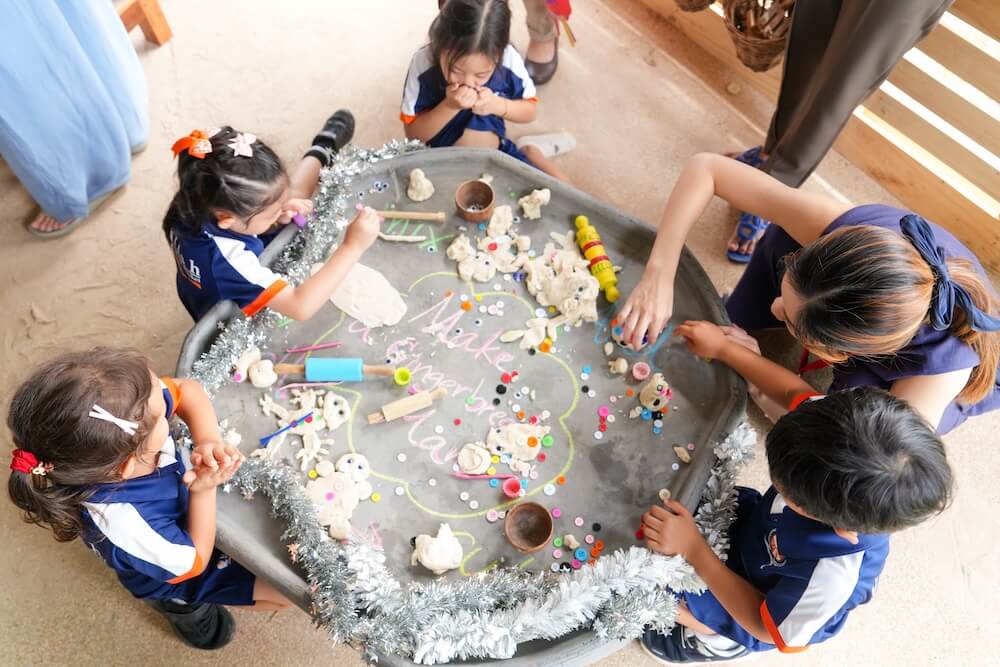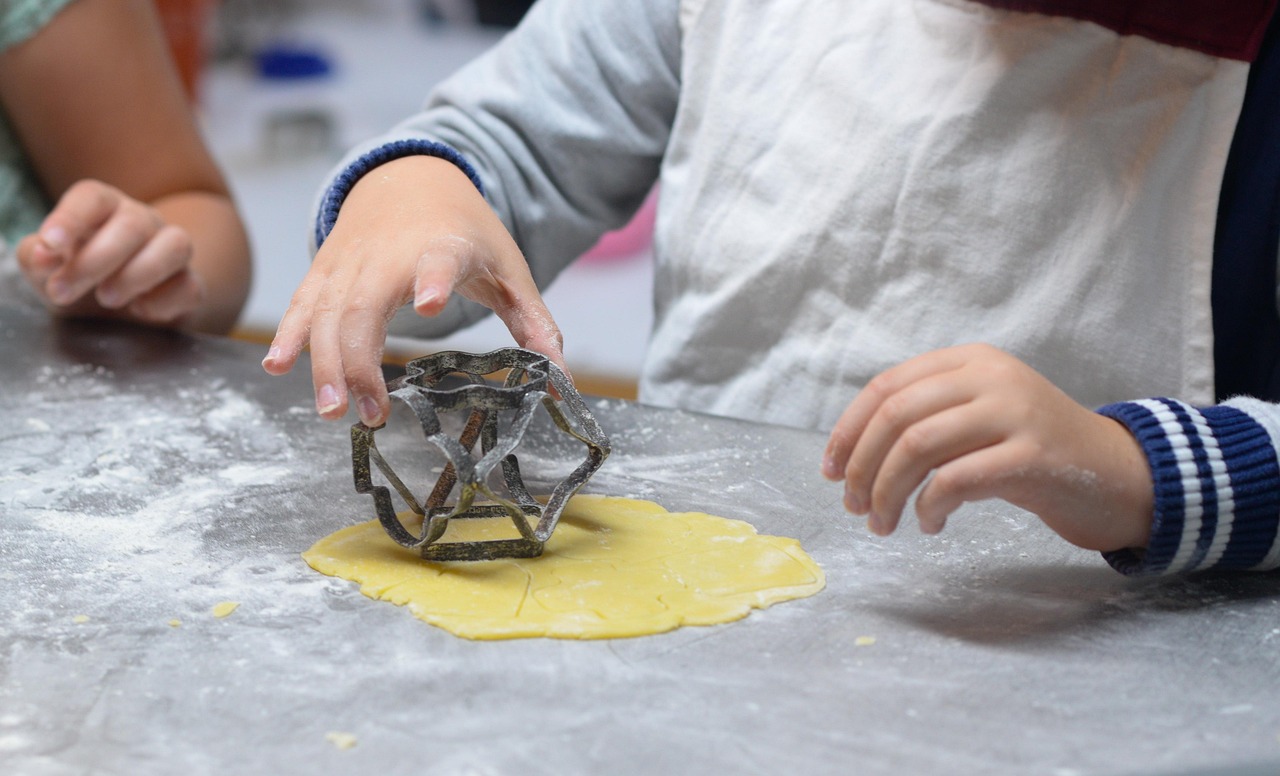The damaging and long-term effects of bullying can impact everyone involved, from the person being bullied to those who witness it, and even the bully themselves. Bullying is linked to a wide range of negative outcomes, including anxiety, low self-esteem, depression, substance abuse, and in the most tragic cases, suicide.
Bullying can happen anywhere, but in tight-knit communities like Phuket, where school populations are smaller and often more socially interconnected, the effects can be particularly intense. While most international schools in Phuket take bullying very seriously, with policies and prevention measures in place, no school is completely immune. The reality is that bullying can happen in any year group, in any social circle, and at any time. That’s why it’s vital to report incidents early and openly.
Bullying at Home
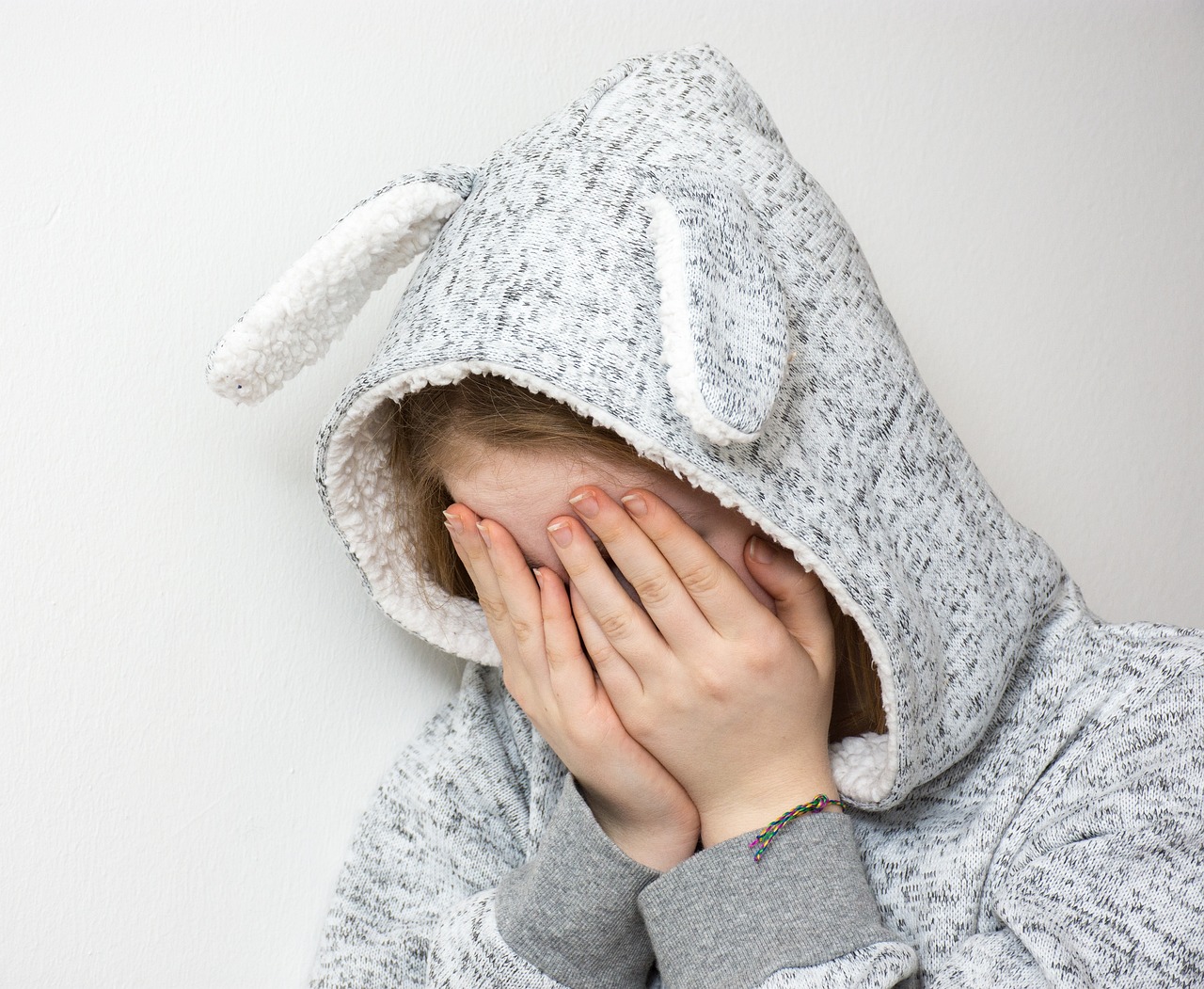
While most conversations about bullying centre on school or after-school activities, it’s important to remember that bullying can also happen at home, and sometimes that’s where it hurts the most.
Research shows that siblings can be responsible for long-term emotional damage, through name-calling, manipulation, and exclusion. In some cases, the bullying comes from parents themselves, whether intentional or not. Helicopter parenting, constant comparison to siblings, or pressuring kids to perform in areas they have no interest in—such as sports, music, or academics—can push children to the brink.
In Phuket, where families are often balancing expat career demands with academic expectations, we’ve heard from local school counsellors that children are sometimes bullied into high-pressure career paths or overachievement cycles, driven by parental goals rather than personal interests. This emotional strain can result in kids becoming disengaged, anxious, or, in worst cases, depressed and withdrawn.
It’s essential to understand that the effects of bullying, no matter where they originate, are deeply felt and long-lasting.
Kids Who Are Bullied

For the child being bullied, it can feel like their whole world is collapsing. They often experience:
- Depression and anxiety, with persistent sadness and social withdrawal
- Changes in sleep or eating patterns, sometimes leading to physical health issues
- Lower academic performance, school avoidance, or refusal to attend altogether
- Loss of interest in hobbies or friendships
- Substance abuse as a form of coping or escape
- In rare but extreme cases, bullied children have retaliated violently or experienced suicidal ideation
In Phuket schools, students may be less likely to speak out due to smaller social circles and tighter communities where anonymity is harder to maintain. That’s why creating a safe space for reporting—whether through school counsellors, trusted teachers, or peer mentoring—is so important.
Kids Who Bully Others
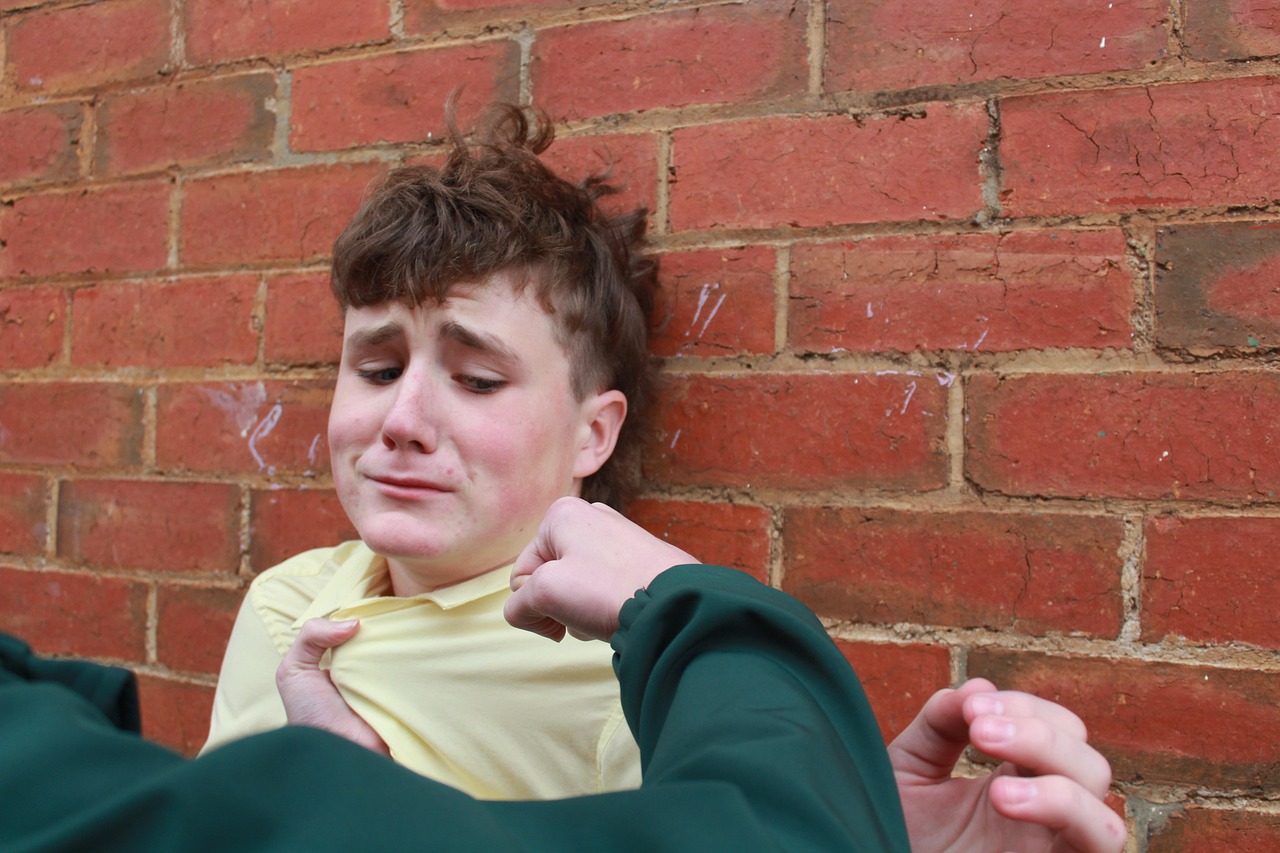
Children who bully are often acting out internal struggles—whether that’s feeling powerless at home, struggling with low self-worth, or mimicking behaviour they’ve seen in adults. When a child lacks healthy coping mechanisms, they may channel their emotions into controlling or harming others.
Some kids simply haven’t learned how to empathise yet. That doesn’t excuse the behaviour, but it highlights the need for early intervention. Left unchecked, bullies often continue harmful behaviour into adulthood, becoming involved in:
- Alcohol and substance abuse
- Vandalism, violence, or crime
- Unsafe sexual activity
- Domestic violence and unhealthy relationships
It’s worth noting that some Phuket schools have started using restorative practices to address bullying, giving both the bully and the victim a voice in the healing process. But this only works when accountability is taken seriously.
The Bystanders
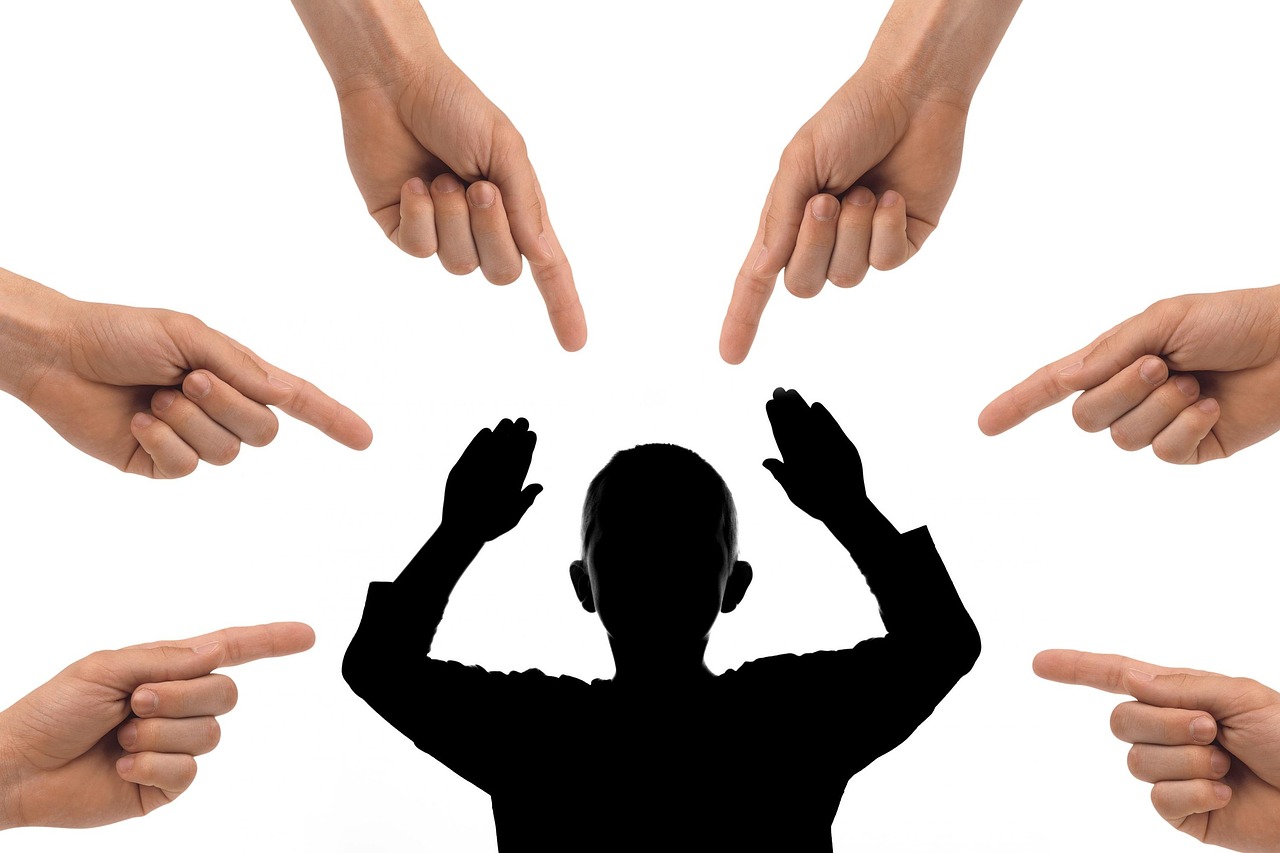
A bystander can make all the difference. When a child is being bullied, having a peer stand up for them, or simply sit beside them at lunch, can reduce the emotional damage significantly.
Bystanders usually fall into one of four categories:
- The Defenders – they intervene directly, support the victim, or report the bullying
- The Outsiders – they witness the bullying but stay silent
- The Reinforcers – they cheer on the bully or laugh along
- The Assistants – they actively help the bully carry out the behaviour
In a small school community like those in Phuket, these roles can shift quickly. Today’s bystander may be tomorrow’s target. That’s why it’s crucial to talk to kids early about empathy, courage, and responsibility. Schools in Phuket are increasingly investing in peer-support programmes and wellbeing initiatives to help empower students to take action in the right way.
The Relationship Between Bullying and Suicide
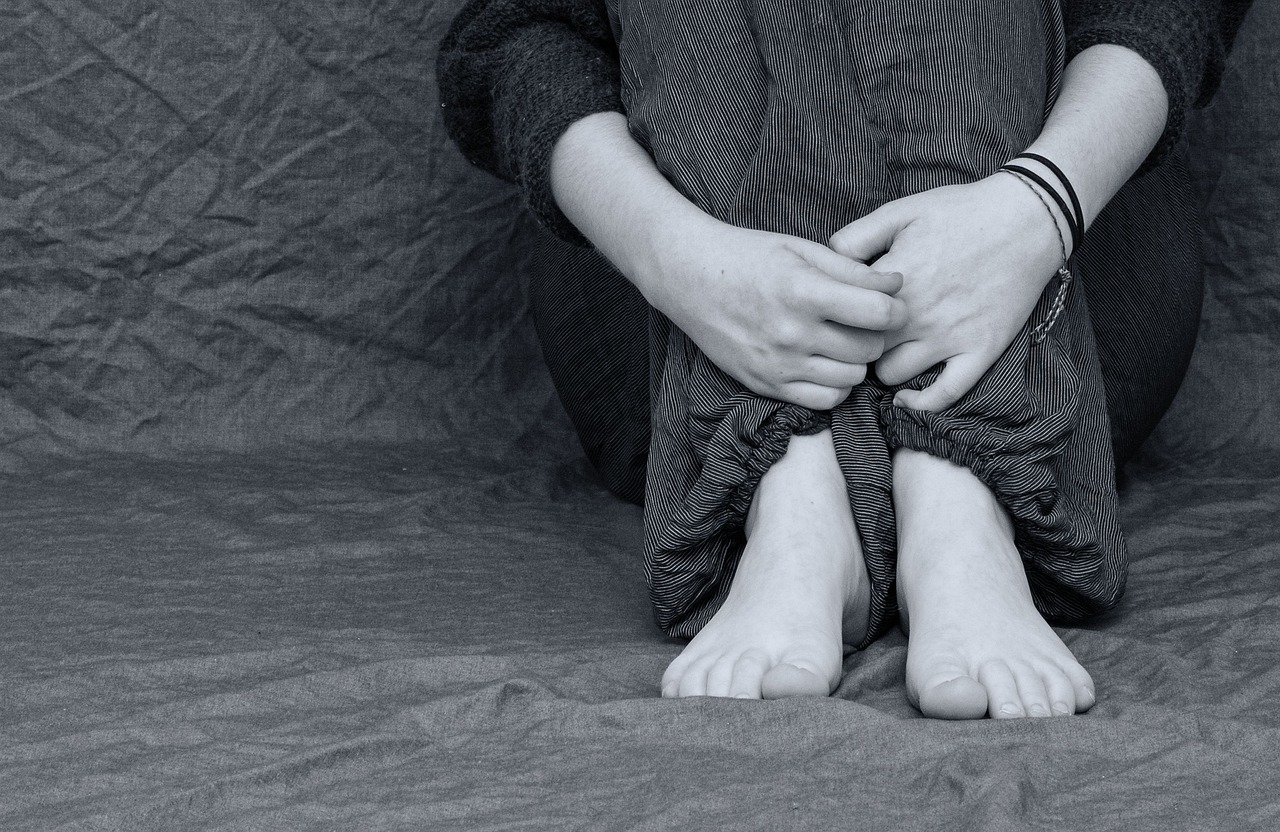
While the media often draws a direct link between bullying and suicide, the reality is more complex. Most young people who are bullied do not engage in suicidal behaviours. However, bullying can push a vulnerable child, especially one dealing with trauma, mental health struggles, or identity-related stress, closer to crisis.
In Phuket, where some students may be dealing with cultural adjustment, language barriers, or the stress of being far from extended family, bullying can make a difficult situation worse. But with the right support systems—at home, in school, and among peers—this risk can be greatly reduced.
What Parents Can Do

- Talk regularly and openly with your child about school and friendships
- Watch for changes in mood, sleep, or eating habits
- Don’t dismiss complaints of “mean behaviour” as just part of growing up
- Teach empathy, emotional regulation, and assertive communication
- Contact the school early if you suspect bullying, and work collaboratively with teachers and counsellors
- Encourage your child to speak up for others, not just themselves
Editor’s Note:
If you or someone you know in Phuket is experiencing bullying or its effects, please reach out. A trusted adult—a teacher, school counsellor, family friend, or even an older sibling—can be a powerful first step. For families looking for professional support, we have a list of trusted mental health providers and child psychologists based in Phuket.
Bullying can be silent and invisible, but support doesn’t have to be.











